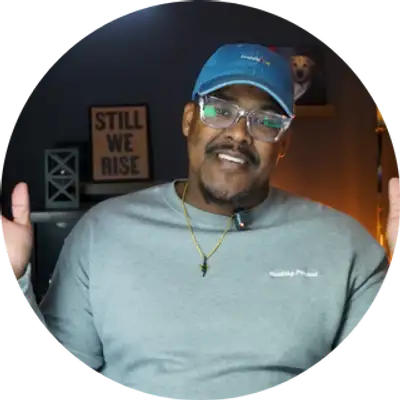The U.S. healthcare system is shifting to an incentive structure where healthcare providers are rewarded for better care, not more care. This transition from fee-for-service to value-based care is changing how patients are cared for and how providers are measured and compensated for performance. With an ever-growing number of patients covered under value-based care programs, providers must develop risk adjustment expertise to position themselves for financial success in risk-sharing arrangements.In this episode, I speak with Gaby Alcala-Levy, a Healthcare consultant all about value-based care and risk adjustment.Be sure you are subscribed to this podcast to receive your episodes automatically:Apple PodcastSpotifyGoogle PodcastJoin The Healthy Project Facebook pageSupport the show
Show Notes
The U.S. healthcare system is shifting to an incentive structure where healthcare providers are rewarded for better care, not more care. This transition from fee-for-service to value-based care is changing how patients are cared for and how providers are measured and compensated for performance. With an ever-growing number of patients covered under value-based care programs, providers must develop risk adjustment expertise to position themselves for financial success in risk-sharing arrangements.
In this episode, I speak with Gaby Alcala-Levy, a Healthcare consultant all about value-based care and risk adjustment.
Be sure you are subscribed to this podcast to receive your episodes automatically:
Join The Healthy Project Facebook page
Support the show ★ Support this podcast ★Creators and Guests
What is The Healthy Project Podcast?
The Healthy Project Podcast explores the powerful intersection of health, society, and equity through real conversations with changemakers on the front lines of social impact. Each episode features thought leaders, researchers, and advocates who unpack how social structures — from policy to culture — shape the health of communities.
Topics we explore include:
Health equity and structural determinants
Community-driven research and innovation
Lived experiences of marginalized populations
Public policy, systemic bias, and health outcomes
Whether you're a public health professional, social science researcher, policymaker, or community advocate, this podcast brings you grounded insights, bold ideas, and practical tools to drive change where it matters most.
